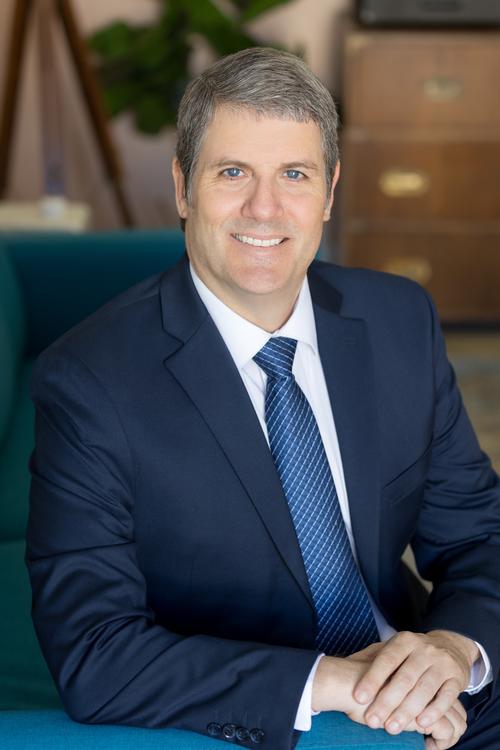The make whole rule developed as an equitable defense to health insurance subrogation claims. Therefore, it is important for you to understand in your San Diego personal injury case. Under the rule, an insurance carrier seeking subrogation was denied any recovery until and unless the insured was made whole. This raised the issue of how one determines when an insured is made whole in order to apply the rule!
In 1996, Professor Roger Baron, in a law review article, suggested that the modern approach by courts was to take into account an insured's attorneys fees in determining whether an insured was "made whole" from a personal injury case settlement. However, this law review article only a single Montana case for the proposition. This approach was employed by the federal district court in a 2006 San Diego case called Chong v. State Farm Mutual Auto. Ins. Co., 428 F. Supp.2d 1136 (S.D. CA 2006) ; in that case, Judge Thomas Whalen held that an insured's attorneys fees and litigation costs in his personal injury case must be considered in assessing whether an insured is made whole. Judge Whalen stated,
for all of these reasons, the court concludes that the California Supreme Court would hold that, absent a contractual provision to the contrary, the make whole doctrine requires that a policyholder fully recover for her loss and litigation expenses, including attorney fees and costs, before a nonparticipating carrier can seek reimbursement from her tort recovery. Accordingly, plaintiff has sufficiently alleged that she was not made whole and that there was no surplus from which defendant could properly seek reimbursement. Id. at 1146.
Thus, under the Chong holding, before consideration of other bases fro an insured not being made whole, whenever the insured's attorneys fees and litigation coast are greater than the claim for reimbursement, reimbursement would be entirely defeated. As a trial court decision, Chong is not binding on any other court. However, since it is a published decision, it is properly citable and should be persuasive with any court applying California law.
Last But Not Least Regarding the "Make Whole Rule:"
In addition to the issue of attorneys fees and litigation costs, other common reasons for an insured not being made whole are: policy limit contraints, comparative negligence or liability problems in the personal injury case.
In 1996, Professor Roger Baron, in a law review article, suggested that the modern approach by courts was to take into account an insured's attorneys fees in determining whether an insured was "made whole" from a personal injury case settlement. However, this law review article only a single Montana case for the proposition. This approach was employed by the federal district court in a 2006 San Diego case called Chong v. State Farm Mutual Auto. Ins. Co., 428 F. Supp.2d 1136 (S.D. CA 2006) ; in that case, Judge Thomas Whalen held that an insured's attorneys fees and litigation costs in his personal injury case must be considered in assessing whether an insured is made whole. Judge Whalen stated,
for all of these reasons, the court concludes that the California Supreme Court would hold that, absent a contractual provision to the contrary, the make whole doctrine requires that a policyholder fully recover for her loss and litigation expenses, including attorney fees and costs, before a nonparticipating carrier can seek reimbursement from her tort recovery. Accordingly, plaintiff has sufficiently alleged that she was not made whole and that there was no surplus from which defendant could properly seek reimbursement. Id. at 1146.
Thus, under the Chong holding, before consideration of other bases fro an insured not being made whole, whenever the insured's attorneys fees and litigation coast are greater than the claim for reimbursement, reimbursement would be entirely defeated. As a trial court decision, Chong is not binding on any other court. However, since it is a published decision, it is properly citable and should be persuasive with any court applying California law.
Last But Not Least Regarding the "Make Whole Rule:"
In addition to the issue of attorneys fees and litigation costs, other common reasons for an insured not being made whole are: policy limit contraints, comparative negligence or liability problems in the personal injury case.

